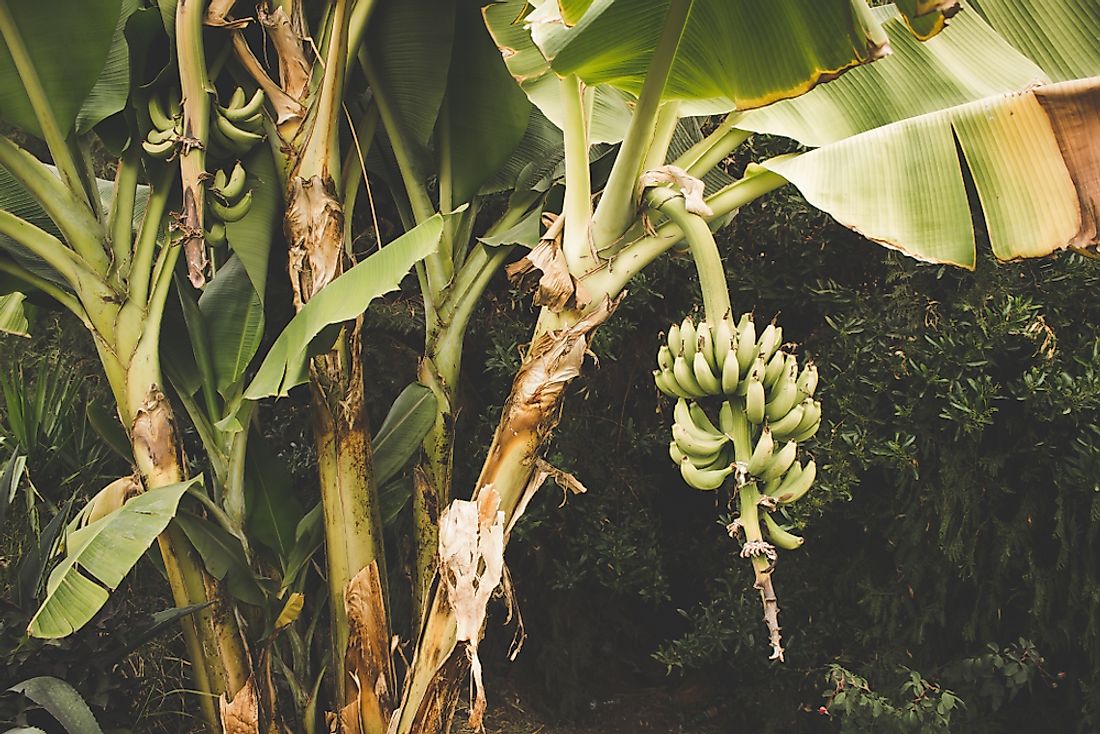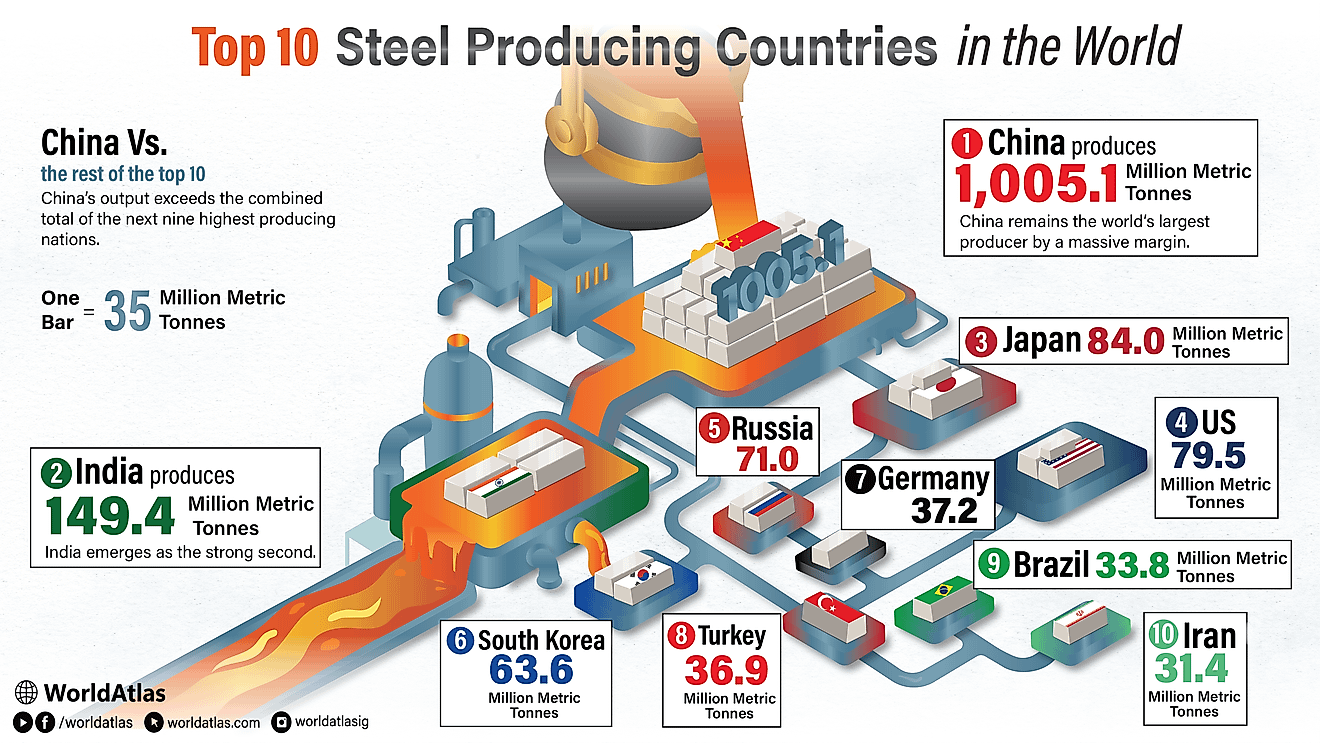What Are The Biggest Industries In Burundi?

Burundi is a landlocked country situated in the central parts of Africa. It is bordered by Rwanda, Tanzania and the Democratic Republic of Congo (DRC). The capital city of Burundi is Gitega. Initially, the country’s capital was Bujumbura. However, the government moved the capital to reduce violence caused by unresolved disputes with the opposition parties.
Burundi covers an area of about 27,834 square kilometers and a population of about 11 million people. It is one of the poorest countries in the world. The country is also among the most densely populated nations in Africa with three-quarters of the population living below the poverty line. The GDP of Burundi is 7.9 billion US dollars; representing only about 0.01% of the world’s GDP (84.8 trillion). The slow economic growth and poverty levels in Burundi is attributed to several civil wars that have been experienced by the country. These wars have claimed over 500,000 lives and resulted in many refugees. Civil wars hinder agricultural production which is the backbone of Burundi’s economy. Low crop yield, in turn, results in high food prices and high standards of living. Below are some of the biggest industries that have contributed to the growth of the country’s economy.
Agriculture
Agriculture is the backbone of Burundi’s economy. It contributes about 46% of the GDP of Burundi. About 90% of the population is employed either directly or indirectly under the agricultural sector. Coffee and tea are the two major exported cash crops accounting for almost 86% of foreign exchange earnings. Statistics from the World Trade Organization show that the value of coffee and tea exported by Burundi at the end of 2017 was USD 34 million and USD 27 million respectively. The other crops grown as either food or cash crops include cassava, sweet potatoes, sugarcane, maize, bananas, rice, millet, sorghum, beans, and peas.
The government of Burundi has had a lot of input in the agricultural sector to help manage food security and improve agricultural production in the country. Some of the strategies that have been implemented include improving access to fertilizers and other farm inputs by farmers, introducing drought-resistant crops, supporting and improving agricultural research and extension services, improving road networking for easy access to markets, looking for markets both regionally and internationally, creation of strong national cooperatives and issuing loans to farmers at reduced interest rates, as well as putting up processing facilities for farm produce.
Mining and Energy Industry
The mining and energy industry contributes about 1.2% of Burundi’s GDP as per the Mineral industry of Burundi reports of 2004. Burundi has deposits of several valuable minerals such as Uranium, Copper, Platinum, Cobalt, Nickel, Limestone, Gold and Tin, Nickel, Tungsten, Peat, and Tantalum. The political instability in the country has affected this industry especially in pushing away investors and experts in this sector. For instance, civil unrest in 1993 halted the development of Musongati nickel resource project. The second attempt by an Australian company known as Argosy Mineral Inc. to commence mining in 2004 also failed due to political instability.
Manufacturing Industry
The manufacturing sector contributes to about 21% of the GDP. One of the key industries is beer brewing. At some point, almost 40% of the government revenue receipts came from a single Dutch and government-owned brewery. Reports by the Burundi Manufacturers Association reveals that out of the 82 manufacturing companies, 45% are private companies, 28% are foreign, and 27% are owned by the government. Almost 90% of products in this sector is consumed in the Burundi local markets. The other 10% of products are exported resulting in foreign earnings. Diverse products in this sector include cement, cosmetics, insecticides, soft drinks, cigarettes, glass, textiles, glass, agricultural fertilizers, and processing of various agricultural products. Most of the companies are centralized in Bujumbura. It is suspected that with the change of the capital city to Gitega, some new companies will be set up.











